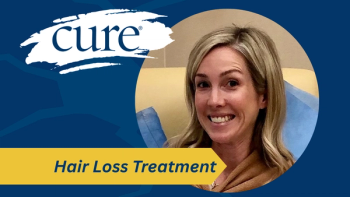
Scalp cooling helped Maureen Green feel more like herself during chemotherapy, giving her control over her appearance at a time filled with fear and uncertainty.

Scalp cooling helped Maureen Green feel more like herself during chemotherapy, giving her control over her appearance at a time filled with fear and uncertainty.
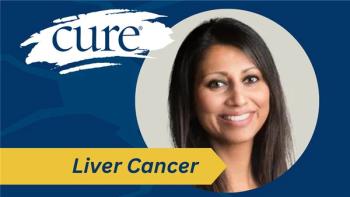
During Liver Cancer Awareness Month, Dr. Anjana Pillai says more treatment options, growing trials and ongoing research offer hope for patients.
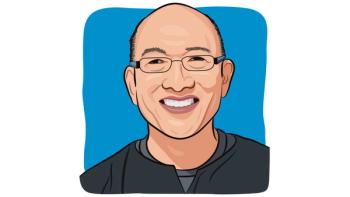
CURE contributor Ronald D. Chin received a diagnosis of multiple myeloma in 2017 and has been in remission since 2023.
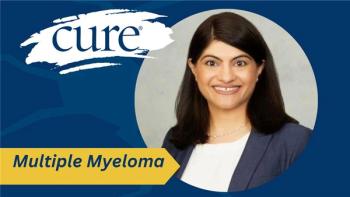
The FDA has approved Blenrep with BVd as a third-line treatment for relapsed or refractory multiple myeloma.
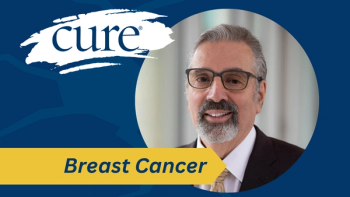
Dr. Sheldon M. Feldman says patients with breast cancer should accept support and make exercise and wellness priorities during treatment to improve outcomes.
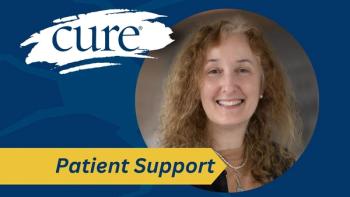
CURE spoke with Alyson B. Moadel-Robblee of Montefiore Einstein Center for Cancer Care.
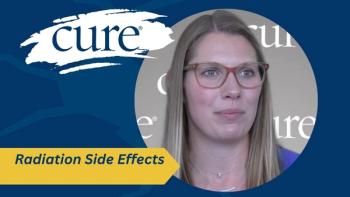
CURE spoke with Alexa M. Lantz of Penn State Health about radiation side effects.
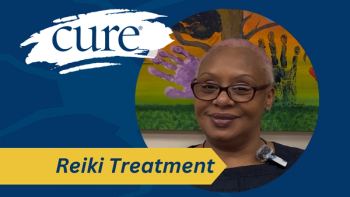
Reiki master Twanda Frazier says reiki helps patients with cancer release what no longer serves them and restore emotional and spiritual balance.
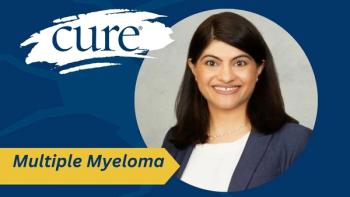
CURE spoke with Dr. Surbhi Sidana about the recently approved antibody-drug conjugate Blenrep for multiple myeloma.
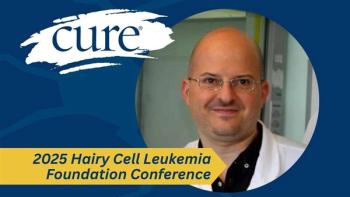
Dr. Alessandro Gozzetti highlights fertility and reproductive health as often overlooked but vital aspects of survivorship in hairy cell leukemia.
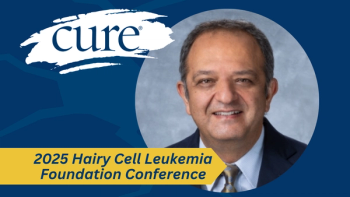
Combining Rituxan with Mavenclad or Zelboraf upfront can extend remissions safely and should become standard first-line therapy for hairy cell leukemia.
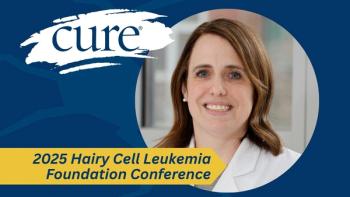
CURE sat down with Dr. Kerry A. Rogers for an interview at the Hairy Cell Leukemia Foundation 2025 Conference, hosted in Bologna, Italy.

The MELODY study found music therapy to be effective at relieving the anxiety of cancer survivors.
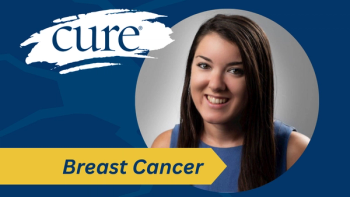
After being diagnosed with stage 3 triple-negative breast cancer at 29, Meagan Pettit urges young adults to seek community and define life beyond diagnosis.
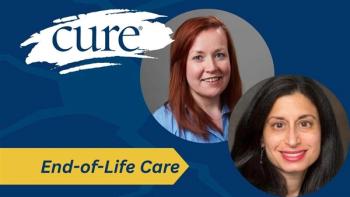
Experts discuss how better hospice and home care reimbursement can help patients receive compassionate end-of-life care at home.
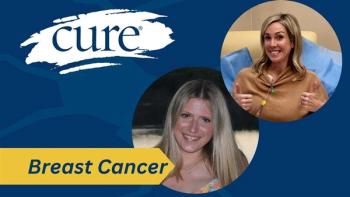
Breast cancer survivors highlighted guidance and encouragement they received when first diagnosed, offering reassurance for those who are newly diagnosed.
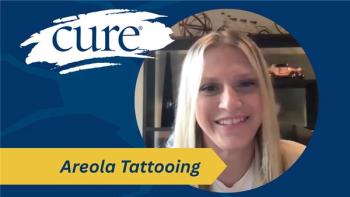
Stephanie Wachtel told CURE that areola tattooing after HER2-positive breast cancer helped her feel whole again and reconnect with her creativity.
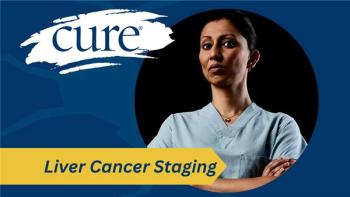
Dr. Anjana Pillai explains that staging liver cancer involves assessing tumor size, spread, and vessel involvement to guide treatment.
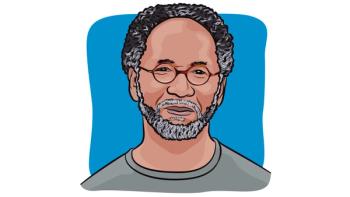
When reflecting on the Japanese art of kintsugi, one can find inspiration during a cancer journey, as CURE columnist Chester Freeman explained.
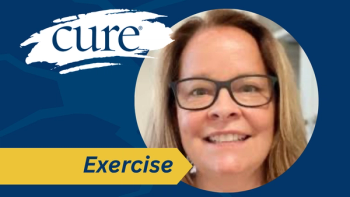
A study found exercise after treatment boosts cancer survival, prompting experts to call for structured movement as a standard part of survivorship care.
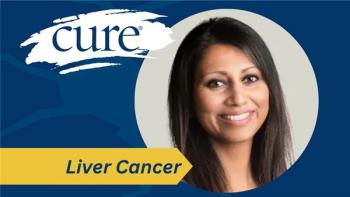
Dr. Anjana Pillai highlights Liver Cancer Awareness Month’s role in promoting liver health, dispelling myths and encouraging early detection and care.
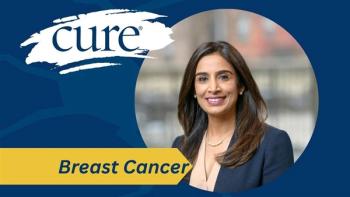
Dr. Komal Jhaveri says Breast Cancer Awareness Month should move beyond pink ribbons to drive early detection, research and equitable care.
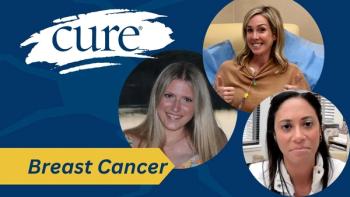
While Breast Cancer Awareness Month raises funds and awareness, for survivors, it can painfully remind them of all they’ve endured.
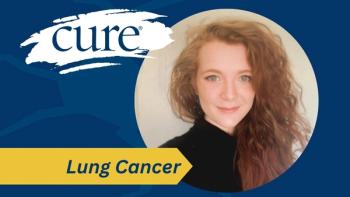
Although a cancer diagnosis can feel overwhelming and isolating, patients should know that they are never alone, Brittney Nichols emphasized.
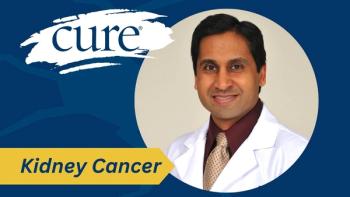
Dr. Ravi Munver highlights how minimally invasive treatment has improved recovery and quality, improving outcomes for patients with kidney cancer
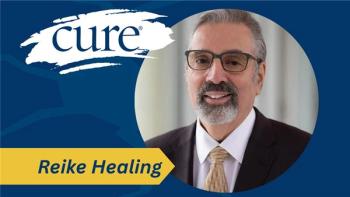
Dr. Sheldon Marc Feldman explores Reiki’s potential to reduce stress and anxiety for patients undergoing breast cancer surgery at Montefiore Einstein Comprehensive Cancer Center.
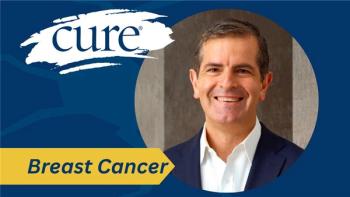
Dr. Evan Garfein said 3D printing and tissue-engineered implants may make breast reconstruction safer, more personalized and less physically taxing.
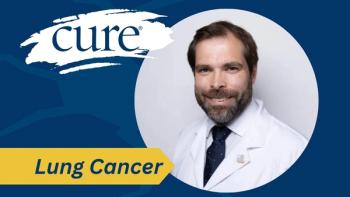
Dr. Nicolas Girard discussed the current treatment options for patients with EGFR-mutant lung cancer, including emerging combination regimens.
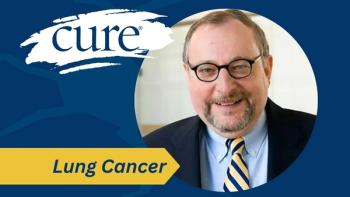
Dr. Fred Hirsch highlighted how knowledge of the molecular characteristics of non-small cell lung cancer enhances understanding of the disease.
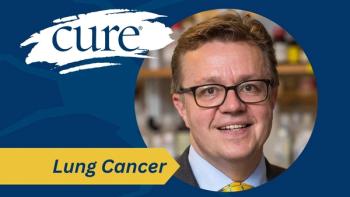
In EGFR-mutated non-small cell lung cancer Tagrisso with pemetrexed and chemotherapy was associated with an improvement in survival.